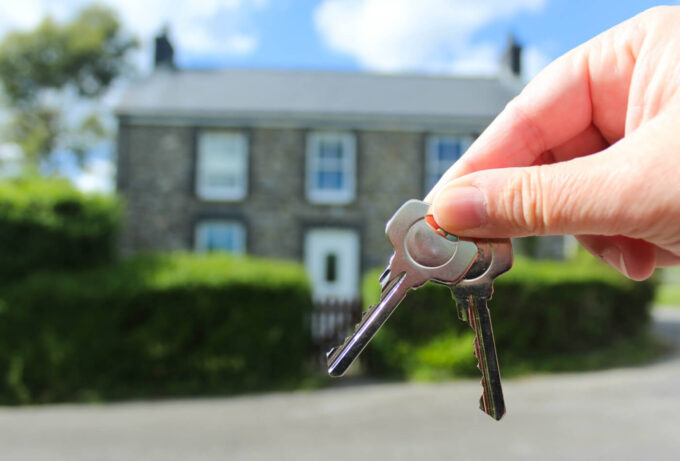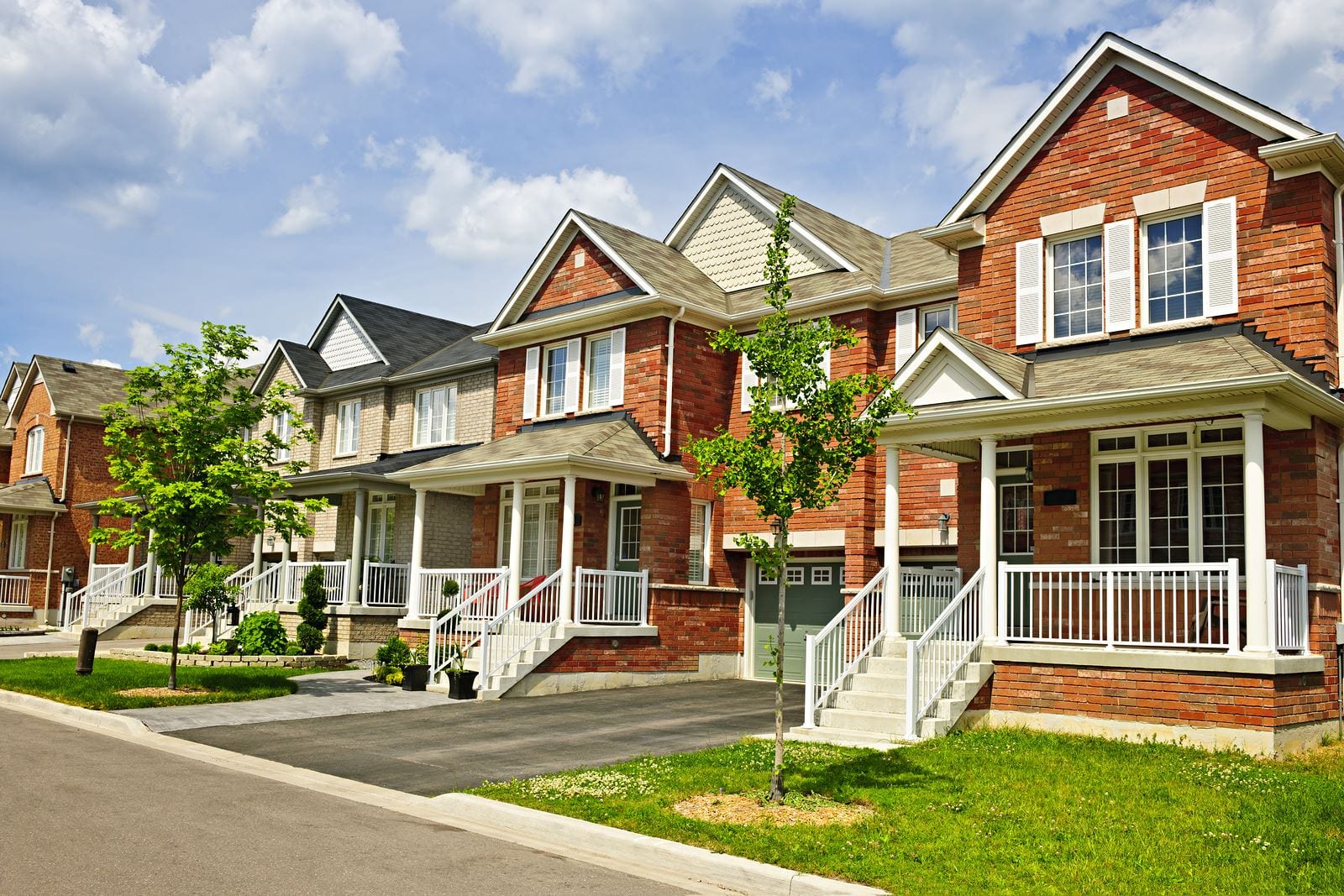Once you begin to become interested in property investment, the list of options can become bewildering. With so many different types of property investment, you should narrow down your choices. That could be down to the kind of returns you desire, your budget spend, and what your strategy is.
In this guide, we will look at the different types of property investment. This will include residential, student, and off-plan buy-to-let properties as well as holiday lets, and houses of multiple occupancy. We will also look at buy-to-sell, real estate investment funds, and commercial property. For a UK property investment company with a global reach, contact us to find out more about your options.
Residential – Buy-To-Let

Typically the most common type of property investment, residential buy-to-let offers a lot of choices. There is a huge demand from tenants in the UK so you can expect high occupancy rates. Try to find the right area and you may profit from the rising costs of rents too for a significant income. You can even find a suitable buy-to-let mortgage to spread the cost of your investment in a low-risk strategy.
Student – Buy-To-Let
Though this is one type of property investment, there are several types of student accommodation. From private houses and flats to a student-targeted housing block. With the student sector proving relatively lucrative, invest in a property where it is likely to be in demand. That could be a university city such as Manchester, Sheffield, or Nottingham.
One of the benefits of student accommodation is that the leases tend to be short. You should know when to expect tenants to move in and then out. There is also the joint contract to consider. Should one student move out then the other students continue to pay that individual’s share.
Off-Plan Buy-To-Let

As one of the typically more unfamiliar property investment options, off-plan buy-to-let does need some explanation. This is a property that can be bought before it has actually been built and is ready for people to move in. You would, essentially, be investing in a property at the below-market price.
This represents a convenient option as there may be a payment plan you can use. Spread the cost over time if you are worried about one big lump sum. There is also the bonus of a brand-new property that could be used as a residential one or for students. Most of the new builds tend to be increasingly eco-friendly too which is another bonus.
Holiday Lets

There are basically two types of holiday lets. You may imagine it as a holiday home that is rented out on a short-term basis to holidaymakers. These tend to be found by the coast or in places like a desirable city location. However, there is also serviced accommodation where business travellers can rent a property in an urban area.
Perhaps you desire a holiday home of your own yet fancy a revenue for the time you live in your own home. There is an expectation of a high occupancy rate which can depend on the season. Expect a seaside cottage to be popular during the summer yet prioritise the rest of the year. Should the occupancy remain high, you can expect a fantastic yield on your investment.
Houses Of Multiple Occupancy (HMOs)
In a House of Multiple Occupancy, you can expect at least three tenants living in each one. These tenants are typically not from the same family or household but they will share the kitchen and bathroom facilities. You can expect these to prove popular with students as a cheaper option. There is a rising demand for HMOs too due to the cost of buying a house.
As you rent each room on an individual basis, you can expect a higher revenue. That’s compared to renting the property as a whole so a house share may be a good option. Consider this a hands-on investment as the management can be time-consuming too.
Buy-To-Sell

This type of property investment involves something known as ‘flipping’. Essentially, you purchase a rundown property with the intention of renovating and refurbishing it. If you enjoy DIY and have the time to commit to a significant project then this may prove ideal. Get to know the local market and, once the property looks like a home, sell it on for a high price.
There are two key considerations to make. One is to find a property at the right price for your initial investment. The second is to ensure that the refurbishment costs can stay within your budget. While those daytime TV shows may make it look easy, the costs can soon spiral so keep them under control.
Real Estate Investment Fund
If you desire the hands-off approach then consider a Real Estate Investment Fund. These are an option for investors who want an easy way into the commercial property market. There are some fabulous opportunities for investors who can envisage reliable dividends. You can also invest in eco-friendly, ethical property investments with lower emissions.
Commercial Property

Property investment does not have to be lived in as commercial property demonstrates. These are properties that can be rented out to those who intend to use them for a business. Typically a small business so you can expect warehouses, retail space, or even office space. While the space tends to be bigger, you can expect longer-term tenants and a regular income from their rent.
This option does tend to rely on the market and wider economy too. If more businesses prefer remote working then you may struggle to find a suitable property to let as office space.
Summary
The UK property investment market remains lucrative, partly because there are so many different options available. Choose from large spaces, such as those for commercial property, or a share in a real estate investment fund. If you prefer the hands-on approach, consider buying to let, either in a residential or student property. You can also enjoy your own holiday home and let that out too when you are not using it.









